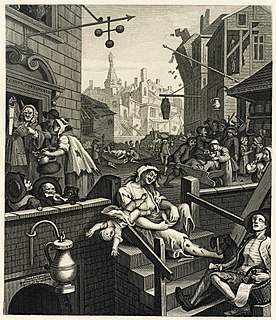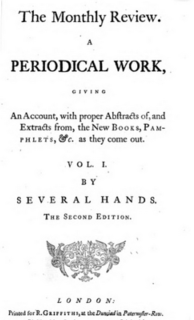 W
WThe Kingdom of Great Britain, officially called Great Britain, was a sovereign state in Western Europe from 1 May 1707 to 1 January 1801. The state came into being following the Treaty of Union in 1706, ratified by the Acts of Union 1707, which united the kingdoms of England and Scotland to form a single kingdom encompassing the whole island of Great Britain and its outlying islands, with the exception of the Isle of Man and the Channel Islands. The unitary state was governed by a single parliament and government that was based in Westminster. The former kingdoms had been in personal union since James VI of Scotland became King of England and King of Ireland in 1603 following the death of Elizabeth I, bringing about the "Union of the Crowns". From its inception, the kingdom was in legislative and personal union with the Kingdom of Ireland. Following the accession of George I to the throne of Great Britain in 1714, the kingdom was in a personal union with the Electorate of Hanover.
 W
WThe Bloomsbury Gang, also known as the Bedford party, was a political party formed in the United Kingdom in 1765 by John Russell, 4th Duke of Bedford. The group took its name from Bloomsbury, a district of central London now in the London Borough of Camden.
 W
WThe Gin Craze was a period in the first half of the 18th century when the consumption of gin increased rapidly in Great Britain, especially in London. Daniel Defoe commented: "the Distillers have found out a way to hit the palate of the Poor, by their new fashion'd compound Waters called Geneva, so that the common People seem not to value the French-brandy as usual, and even not to desire it". Many people overconsumed and the city had an epidemic of extreme drunkenness; this provoked moral outrage and a legislative backlash that some compare to the modern drug wars.
 W
WThe London Corresponding Society (LCS) was a British Radical organisation, with a membership consisting primarily of artisans, tradesmen, and shopkeepers. At its peak, the society boasted roughly 3,000 dues-paying members who shared the goal of reforming the political system. Formed in 1792 by Thomas Hardy, the society's key mission was to ensure universal suffrage for British men and annual parliaments. Due to the perceived French revolutionary influence on the society and its calls for radical political change, the government of William Pitt the Younger bitterly opposed it, accusing it on two occasions of plotting to assassinate the King, and putting its key leaders on trial in 1794 for treason. However, due to the transparent falsity of the government's claims, those leaders, including Hardy, John Thelwall, and John Horne Tooke, were all acquitted. After exerting "undue influence" on the European political climate in the last decade of the 18th century, the LCS and other organisations like it were outlawed by a 1799 Parliamentary Act, and efforts to maintain an underground organisation were stymied by their outlaw status and financial troubles and mismanagement.
 W
WThe longitude rewards were the system of inducement prizes offered by the British government for a simple and practical method for the precise determination of a ship's longitude at sea. The rewards, established through an Act of Parliament in 1714, were administered by the Board of Longitude.
 W
WThe Monthly Review (1749–1845) was an English periodical founded by Ralph Griffiths, a Nonconformist bookseller. The first periodical in England to offer reviews, it featured the novelist and poet Oliver Goldsmith as an early contributor. Griffiths himself, and likely his wife Isabella Griffiths, contributed review articles to the periodical. Later contributors included Dr. Charles Burney, John Cleland, Theophilus Cibber, James Grainger, Anna Letitia Barbauld, Elizabeth Moody, and Tobias Smollett—who would go on to establish the Monthly's competitor in 1756, The Critical Review. William Kenrick, the "superlative scoundrel", was editor from 1759 to 1766.
 W
WNorth Britain is a term which has been occasionally used, particularly in the 17th and 18th centuries, for either the northern part of Great Britain or Scotland, which occupies the northernmost third of the island. Its counterparts were South Britain, generally used to refer to England and Wales and West Britain, usually referring to Ireland.
 W
WThe Treaty of Union is the name usually now given to the agreement which led to the creation of the new state of Great Britain, stating that England and Scotland were to be "United into One Kingdom by the Name of Great Britain", At the time it was more often referred to as the Articles of Union.